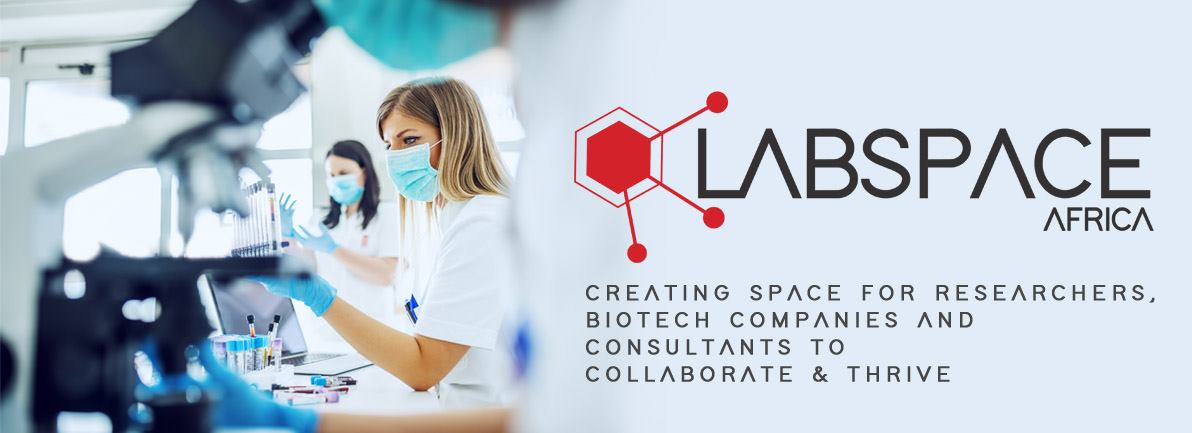laboratory
Analytica Chemistry

EQUIPMENT
For private sector laboratories, the acquisition of new equipment can be expensive, and comes with high risks. LabSPACE Africa has formed a partnership with leading companies for analytical equipment. The equipment is at Midrand's facility. But, the equipment can be leased out at the facility of the client to help with an specific project. This helps ensure that our partners don’t spend their funds on instruments they use only occasionally or at least once. All equipment is maintained and serviced by trained personnel and maintenance records will be provided after completion of a project.
Present grant applications could delay projects because universities are in a position to not acquire costly equipment. LabSPACE Africa can accelerate this process and help researchers determine the most suitable option for their need, before making a decision, or simply using the equipment on lease, or at our facilities.
laboratory